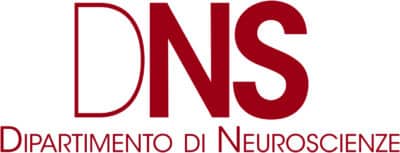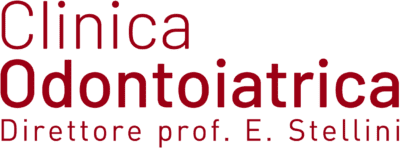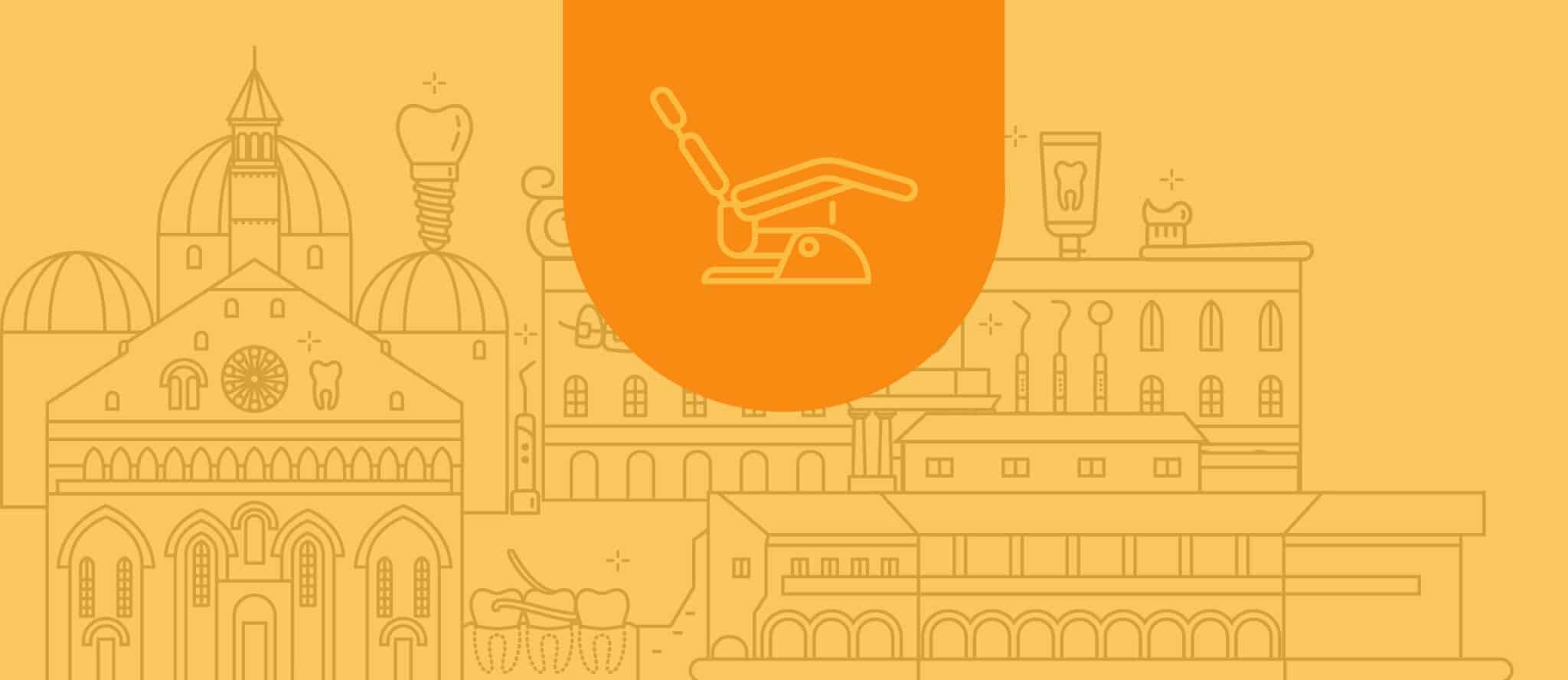

The Second-level Short Specialisation Degree in Dental Sedation and Emergency prepares Italian dentists with a real professional improvement that can be exploited both in Italy and in Europe.
The course focuses on the holistic treatment of dental patients, for the full satisfaction of the essential rule of modern dental anaesthesiology, which entails that professionals ensure an anxiety- and pain-free diagnostic-therapeutic path to their patients.
The purpose of the Master is promoting a professional conduct that ensures the maximum patient’s satisfaction and prevents the majority of emergencies on the unit.
The course units of the Second-level Short Specialisation Degree in Dental Sedation and Emergency deepen and develop the contents of modern dental anaesthesiology, by preparing professionals to:
- Acquire the theoretical-practical knowledge required to practice a per-operative medical assessment, medical-instrumental diagnosis, prevention and psychological, iatrosedative and pharmacological treatment of anxiety and pain in dental patients, through the methods described by national and international guidelines;
- Know and use current technologies, drugs, medical-instrumental monitoring to be used in such medical setting, for a holistic treatment of dental patients;
- Acquire knowledge of dental-medical emergencies, in order to prevent and treat them.
The hands-on practice covers the following topics:
- pre-operative assessment, anxiolysis, sedation and analgesia with behavioural and pharmacological techniques (iatrosedation, hypnosis, benzodiazepines, nitrogen protoxide, local anaesthetics, etc.);
- peri-operative assessment of vital parameters.
The lessons will be held by professors recognized as leading national and international experts.
The Second-level Short Specialisation Degree in Dental Sedation and Emergency trains dentists with high competencies in the patient’s peri-operative assessment, local-regional anaesthesia techniques, dental anxiety and phobia management, anxiolysis and conscious sedation with pharmacological and behavioural techniques, in a holistic vision of the dental profession. Through the course, dentists will obtain:
- high competencies in verbal and non-verbal communication, anxiolysis and pharmacological conscious sedation, local-regional anaesthesia and peri-operative analgesia techniques;
- indispensable competencies in preventing and managing the medical emergencies typical of a dental practice.
The Second-level Short Specialisation Degree in Dental Sedation and Emergency provides training on:
- Medical assessment of the psycho-physical state and peri-operative risk.
- Medical and instrumental monitoring.
- Dental venepuncture: theory and practice.
- Medical assessment of the psycho-physical state and peri-operative risk
- BLS-D: theory and practice
- ALR 1: AL pharmacology, choice based on the type of intervention.
- ALR 2: Troncular blockages of the maxillary and jawbone, complications and adverse reactions, alternative and integrative techniques.
- Holistic dentistry and effective communication.
- Related analgesia with nitrous oxide and combined techniques, IOSN.
- Benzodiazepines in managing dental patients.
- Anxiety in the dental sector.
- Medical hypnosis.
- Experimental hypnosis.
- Liabilities, ethical and medical-legal aspects.
- Local-regional anaesthesia in dentistry 3: anatomy and local-regional anaesthesia on cadavers
- Coagulation alterations in dentistry.
- Paediatric patient management in dentistry. Pedodontics seminar: what happens in the mind of a child before the sedation with nitrous oxide/oxygen mix during early childhood.
- Pedodontics issues, complications and adverse effects.
- Cardio-circulatory and respiratory physiopathology on the unit.
- Medical risk management.
- Nitrous oxygen use in dental clinics.
- Anxiety psycho-physiology.
- Dental emergencies.
- Special dentistry.
- AISOD National Congress.
The Associazione Italiana Sedazionisti Odontoiatrici (AISOD, https://www.aisod.it/) gathers the Italian dentists that have nurtured the dental anaesthesiology discipline in a particularly comprehensive way, acquiring a specific professionalisms, not yxet so widespread in Italy. Particularly interesting is the recent publication of the Italian guidelines on conscious sedation drafted by AISOD: they help Italian dentists to exercise this practice in all conscience and completely legally. The training activities organized by AISOD also provide the continuous education required to upkeep high professional performances.
The relationships established during the Master – along with those related to the AISOD – may become an indispensable foundation for a proficient professional practice, based on continuous education and on the interaction with colleagues with different backgrounds – both required for a modern and gratifying dental profession, without the risks related to the “Burnout Syndrome”, which unfortunately is increasingly widespread among healthcare professionals.
There is an agreement between UNIPD and Fondazione IRCCS Ca’ Granda Ospedale Maggiore Policlinico di Milano, through which it is possible to carry out hands-on practice on the unit in both care settings. This possibility offers a varied multidisciplinary training and comfortable commutes.
The general ranking of merit for the academic year 2025/26 will be published on the Italian page of this Master according to the timing provided in the Call.
Information
FAQ
Yes, there is a €6,000 study prize for the 3 attendees that attended the Master with the best profit, and whose final dissertation is eligible for publication on a scientific magazine: €3000 for the 1st, €2000 for the 2nd and €1000 for the 3rd ranked.
Yes, the Second-level Short Specialisation Degree meets the entire annual training credit.
Yes, participation is open to minimum 5 and maximum 12 dentists.
Yes, it is planned to carry out the practical-assistance activity on the dental unit, which involves attending the dental centre once a week.
No, the training provided by the Second-level Short Specialisation Degree allows obtaining a thorough theoretical and practical experience, concerning all the topics of dental anaesthesiology.
In any case, even expert dentist can surely obtain great improvement of their professional practice.

